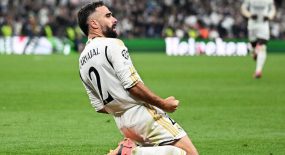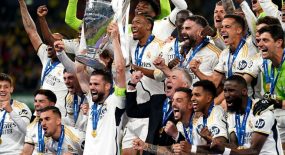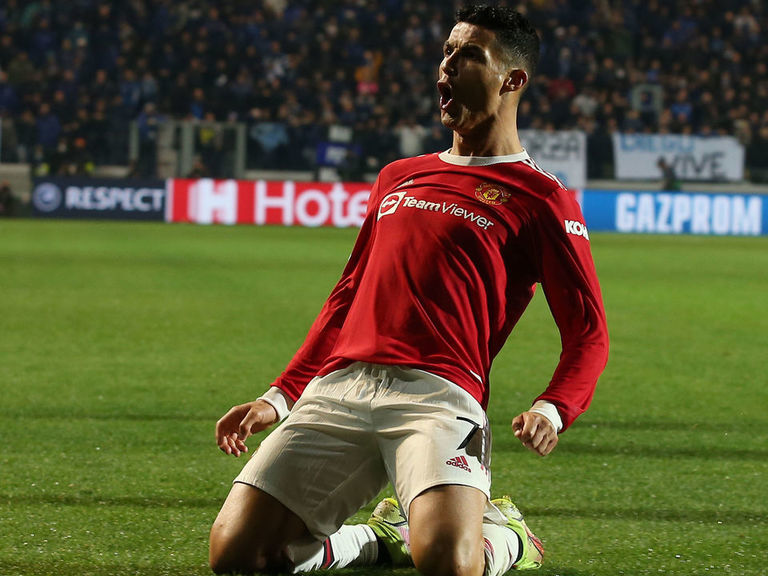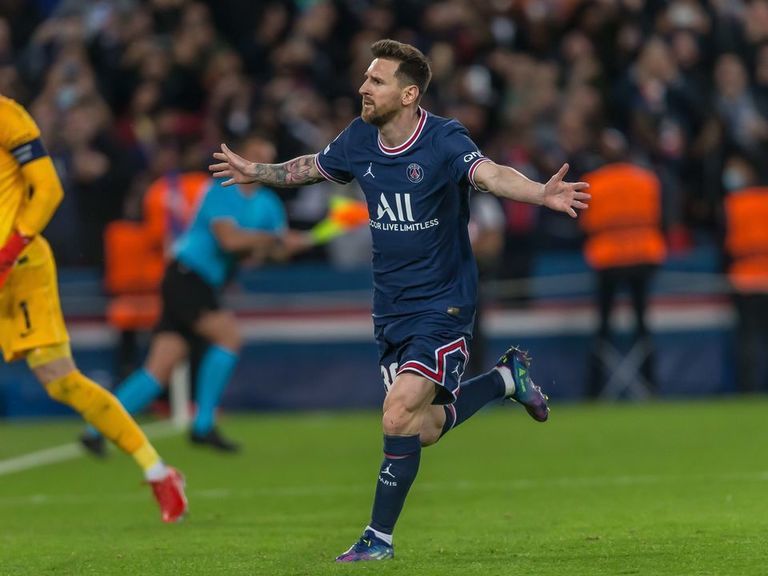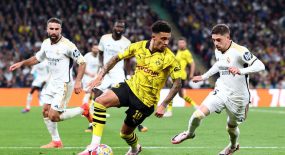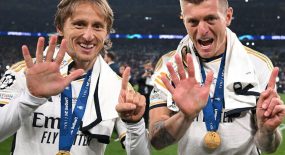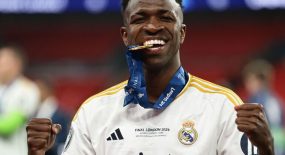Ronald Koeman has run out of chances to turn things around at Barcelona.
After months of speculation, the club fired Koeman on Wednesday, putting an end to the Dutchman’s tumultuous tenure just hours after a 1-0 defeat to Rayo Vallecano.
Barcelona icon Xavi is considered the favorite to succeed Koeman, according to Fabrizio Romano of The Guardian. The Spaniard is currently managing Qatari side Al Sadd. Negotiations are ongoing between the two teams to facilitate Xavi’s return to Catalonia, Romano adds.
Koeman’s position came under serious threat as the Blaugrana struggled prior to the October international break, and their latest loss – a third in four league outings – proved to be the tipping point. The recent downturn also includes Sunday’s 2-1 defeat to rivals Real Madrid in the first Clasico of the campaign.
The 58-year-old departs with Barca sitting ninth in the La Liga table and in serious danger of missing out on the Champions League knockout stage after losing two of their first three group games; Barcelona have just three wins in their last 10 matches across all competitions.
“FC Barcelona wishes to thank (Koeman) for his service to the club and wishes him all the best in his professional career,” the Catalans said in a brief statement.
A former Barca player who left his role as Netherlands manager to take over at the Camp Nou in August 2020, Koeman replaced Quique Setien and guided the club to a third-placed finish in his first season behind the bench.
He also won the Copa del Rey but was ultimately unable to arrest a decline that was accelerated by the club’s crippling financial issues and superstar Lionel Messi’s departure.
“The team has lost balance in the squad, lost very effective players, which shows,” Koeman said after Wednesday’s loss. “In recent years other clubs have strengthened every season and we haven’t, which also shows.”
Koeman also had an uneasy relationship with president Joan Laporta, who was often quick to remind everyone that he didn’t hire the Dutch tactician; former president Josep Maria Bartomeu appointed the manager.
That led to constant questions about Koeman’s future.
“Everyone knows I am here out of love for the club. I came in a very complicated situation,” an aggravated Koeman said earlier this month. “I am fed up of having to defend myself. It makes no sense. Today is not the time, but one day I would like to talk all about what I think of all this.”
Now, he may get that chance.



